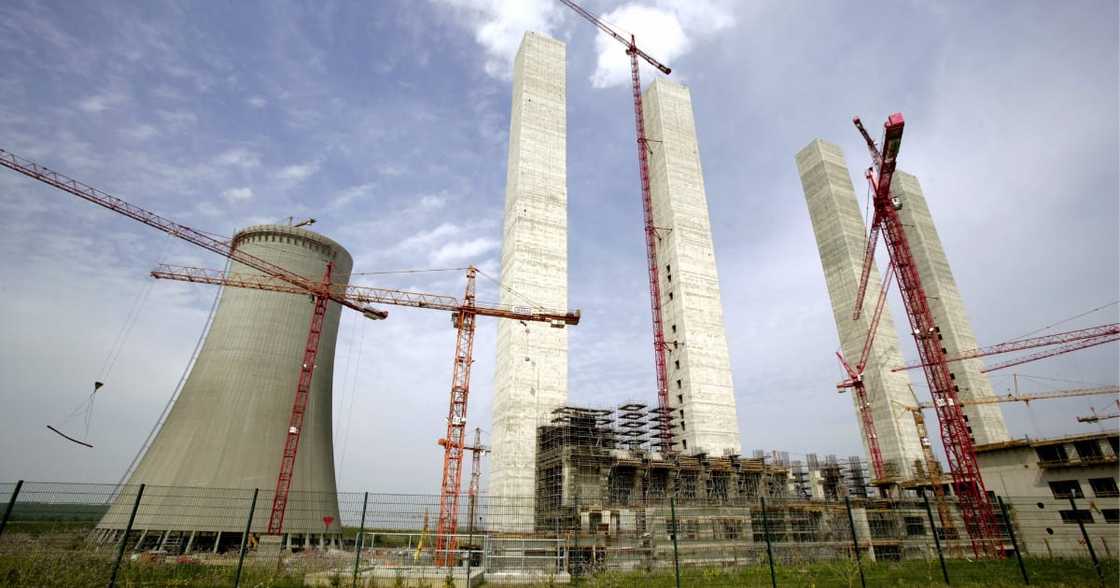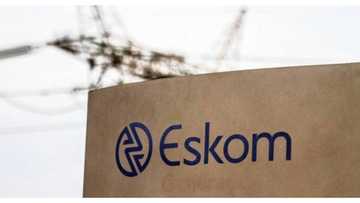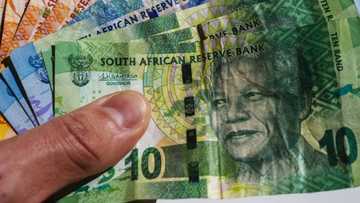Limpopo Gives Chinese Company the Green Light to Build R150bn Coal-Fired Power Plant
- The Limpopo province has granted permission to a Chinese backed company to begin building a R150 billion coal-fired power plant
- The proposed powerplant would produce 4 600 megawatts and include a coking facility and ferroalloy and steel plants
- However, there are concerns over the proposed powerplant's emissions, its impact on nearby ancestral graves and the local environment
PAY ATTENTION: Follow Briefly News on Twitter and never miss the hottest topics! Find us at @brieflyza!
POLOKWANE - The Limpopo province has given a Chinese-backed operation the go-ahead to spend over $10 billion (R150bn) on a coal-fired power plant with a generation capacity of 4 600 megawatts.
The permission was granted on Wednesday was granted as part of the Musina-Makhado Special Economic Zone. A number of Chinese companies have promised to invest in the project.

Source: Getty Images
However, the proposed power plant has not been factored into the country's planned emission targets and may still meet resistance from the government.

Read also
Nersa grants Eskom a 9.5% electricity tariff increase from 1 April, South Africans outraged
Environment activists are concerned about the effect of the powerplant on thousands of nearby Boabab which take centuries to grow.
PAY ATTENTION: Never miss breaking news – join Briefly News' Telegram channel!
The Limpopo province has said that it understands the project might have an impact on ancestral graves, air pollution and the local environment according to News24.
Moneyweb reported that the planned powerplant would also include a coking facility and ferroalloy and steel plants.
"This is selfishness": South Africans outraged by 9.61% Eskom tariff hike
Earlier, Briefly News reported that the National Energy Regulator of South Africa (Nersa) stated on Thursday, 24 February that Eskom's rate rise for 2022/23 will be 9.61 per cent.
The tariff rise for 2022/23 is 3.49 per cent, plus legacy decisions from prior years, bringing the total to 9.61 per cent. Eskom had initially requested a 20.5 % electricity tariff increase, which included the prior revenue allowance.
Eskom had argued that a 20.5% increase was necessary because of factors that are beyond the stated-owned power utility namely, the requirement for Eskom to buy energy from independent power producers(IPPs) and carbon tax, according to Fin24.
The new tariff will come into place from 1 April for Eskom customers and Municipal customers will see the increase from 1 July.
South Africans pay a lot more for electricity than neighbouring countries
Briefly News previously reported that South Africa's state-owned power utility Eskom, has had issues with power generation for over a decade which led to the implementation of loadshedding to lessen the strain on the grid.
In addition to rolling blackouts, South Africans have had to come to terms with electricity getting more and more expensive throughout the years. Eskom now wants to increase electricity tariffs by 20.5% in April this year.
Eskom has proposed the new tariff increase to the National Energy Regulator of SA (Nersa) and stated that the tariff increase is influenced by two factors that are beyond the control of the power utility.
Source: Briefly News


